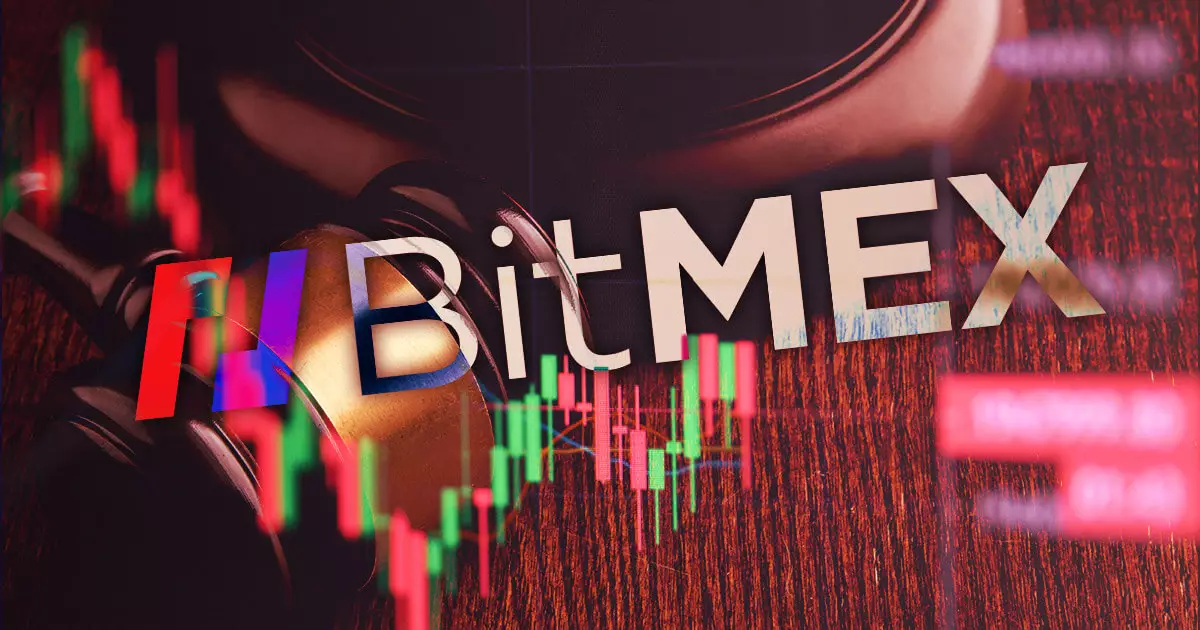On January 15, 2024, the US Department of Justice (DOJ) officially announced that cryptocurrency exchange BitMEX and its parent company, HDR Global Trading Limited, would be subject to a hefty $100 million fine for their contraventions of the Bank Secrecy Act (BSA). This legal entanglement stems from prolonged accusations that BitMEX had insufficient anti-money laundering (AML) and know-your-customer (KYC) measures in place, which are vital for preventing illicit financial activities. The decision came after a drawn-out legal saga, commencing with the DOJ’s initial demand of over $200 million, a figure that subsequently increased to an astronomical $420 million during negotiations, illustrating the high stakes surrounding regulatory compliance in the cryptocurrency landscape.
HDR’s response to the ruling was a mix of disappointment and relief. In their statement, they noted the final penalty was considerably less than what the DOJ had sought, suggesting a slight win in the face of adversity. They criticized the protracted legal proceedings, questioning the efficacy of resource allocation and whether taxpayer dollars were used judiciously. This statement reflects a growing frustration within the crypto community regarding perceived excessive regulatory actions and the lengthy processes that often accompany them.
Despite the negative spotlight, BitMEX has claimed to have made substantial changes to its compliance framework since the period under investigation. They heralded the implementation of a “best-in-class user verification program,” alongside enhanced AML strategies. Such improvements appear necessary for the platform, given they have faced mounting scrutiny from regulators worldwide in recent years. This pivot towards compliance can be viewed as an attempt to mitigate risks associated with future legal fines and to reposition the company as a trustworthy player in the crypto derivatives market.
Despite the hurdles posed by legal issues, HDR remains steadfast in its mission to innovate and lead in the cryptocurrency trading sector. The firm has characterized the legal challenges as “old news,” focusing instead on plans to enhance product and service offerings while promising to uphold high standards of security and operational reliability. By adopting this forward-looking narrative, BitMEX seeks to reassure stakeholders and clients alike that they are not just weathering a storm, but repositioning for a more significant role in the market.
BitMEX’s ongoing legal battles underscore the broader regulatory challenges facing cryptocurrency exchanges globally. With increasing scrutiny from authorities, especially in the U.S., companies like HDR must navigate a complex and often shifting regulatory landscape. Operating from Seychelles, BitMEX remains barred from U.S. markets, limiting its potential growth and customer base. Nevertheless, the company continues to position itself as a leader in the industry, emphasizing its commitment to offering innovative solutions while drawing sharper compliance lines in the sand.
The $100 million fine from the DOJ represents merely another chapter in BitMEX’s ongoing saga of legal and regulatory challenges. As they seek to restore their reputation and capitalize on their commitment to compliance, the scrutiny from regulators will likely persist. Ultimately, the firm’s ability to rebound from these legal issues and re-establish trust with consumers and regulators will determine its success in an increasingly competitive and regulated market.

